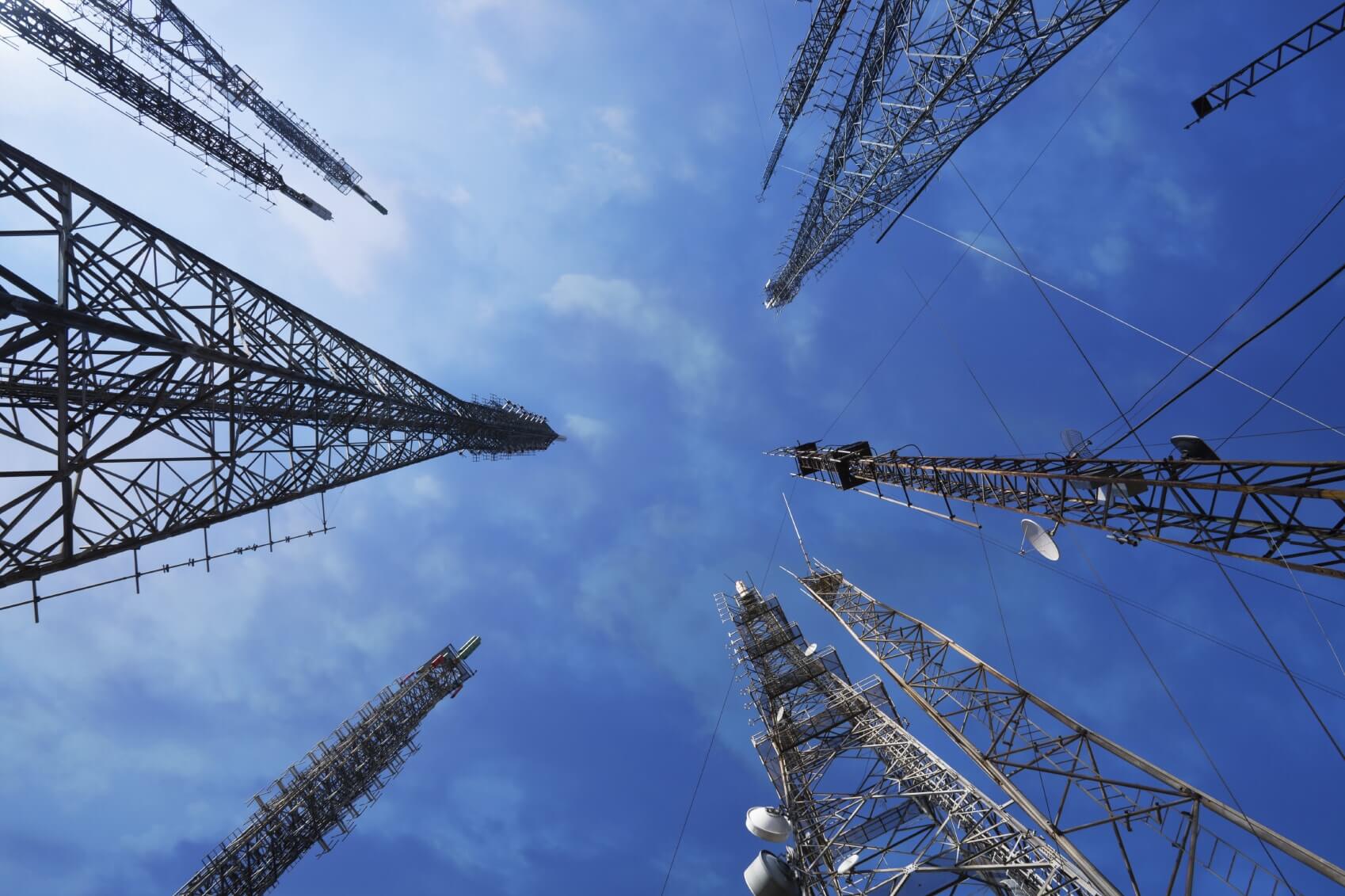In brief: Chief Representative of Huawei to the European Union, Abraham Liu, reaffirmed Huawei's dedication to cybersecurity in a speech in Brussels last week. Despite mocking spying allegations posed against Huawei, he revealed how important the European market was to the company and how they plan on strengthening that relationship.
Liu says Europe is Huawei's second home, and indeed it is. It's the company's second largest market in terms of sales, after China, they have some 12,000 employees there and thus far they've purchased $6.7 billion in goods and services from the Union's members.
Cutting to the chase, Liu began his speech by emphasizing Huawei's separation from the Chinese government and their dedication to security, before moving on to tangible actions. Perhaps the most significant is Huawei's "willingness to accept the supervision and suggestions of all European governments, customers, and partners."
It's a surprising offer and there'll be no shortage of groups taking them up on it. To help them execute this oversight and to improve Huawei's security in general, Huawei will be opening a cybersecurity research center in Brussels next month.
More impressively, Huawei has promised to invest nearly $2 billion over the next five years in their Integrated Products Development 2.0 transformation program, which is targeting improved security. However, they remain adamant that the money is only to reassure partners and that they're already the best in the business.
"Recently Huawei has been under constant attack by some countries and politicians. We are shocked or sometimes feel amused by those ungrounded and senseless allegations. For example, yesterday the U.S. ambassador to the European Union said someone in Beijing can remotely run a certain car off the road that's on the 5G network and kill the person that's in it. This is an insult to people's intelligence let alone the technology experts across Europe."
Other than some shady business practices (that have nothing to do with customer security), Huawei is correct in saying that there's no evidence that they've been spying for the Chinese government. They're also correct in pointing out that they've never suffered a security breach.
On the other hand, particularly in light of an upcoming presidential order that would ban the company's 5G equipment completely, there's a real possibility that something's going on that we just don't know about.
